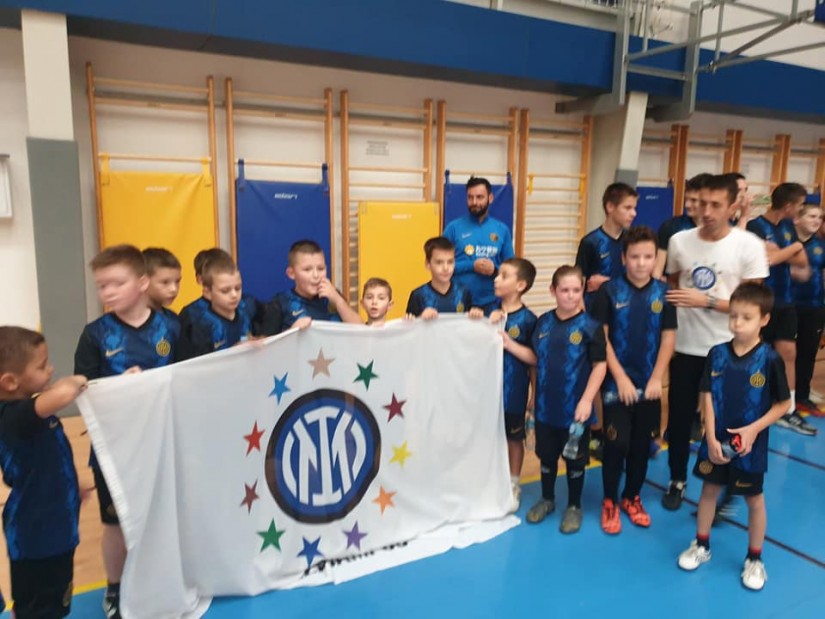
A masterpiece of socialist realist monumental art: 3 timeless works by Miodrag Živković
Born and raised in the small town of Leskovac near Lazarevac, he moved to Belgrade with his family immediately after the liberation of Serbia. He enrolled at the Academy of Applied Arts in Belgrade in 1964, majoring in sculpture, which, after serving in the army, he began teaching in several schools throughout Serbia.

Along with his teaching career, Zivkovic built and shaped his own, characteristic, powerful artistic expression.

During the 1960s and 1970s, Zivkovic was part of numerous teams that designed memorial complexes throughout Yugoslavia in memory of the victims and events related to the national liberation war.
The monuments that became part of these memorial parks are among his most representative works, and in the collective consciousness they become a symbol of freedom.
His sculptural style in these monuments, as in many of his other works, is characterized by sharp geometric abstract shapes that function as part of the natural beauty in which they are located, as if emerging from the landscape itself. Geometric shapes often hide the enigmatic views of stylized faces hidden within abstractions.
In addition to accomplishments throughout the former Yugoslav republics, Zivkovic also worked in Chile, Italy, Nigeria and Egypt.
In 2004, he received the "Golden Ring" award for his life's work in art and culture.
Miodrag Zivkovic passed away on July 31, 2020 in Belgrade at the age of 93.





